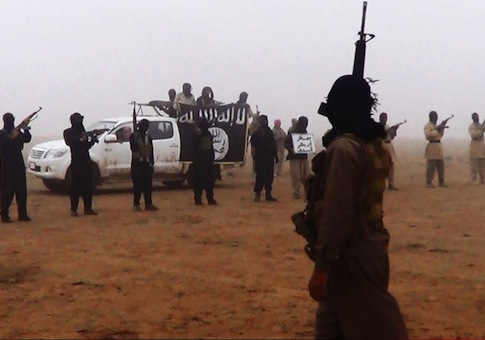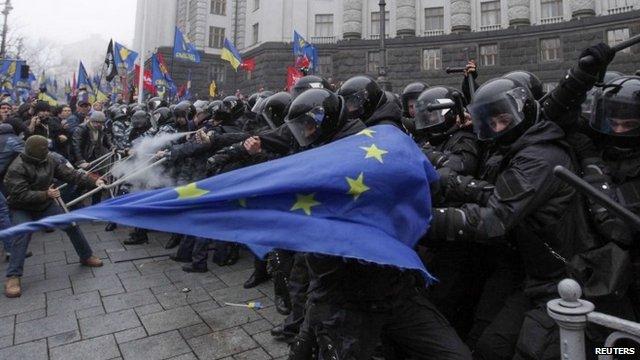Since the beginning of the recession, the United States and many of its NATO allies have come under pressure to focus funds and efforts on domestic issues, rather than spending it on warfare and maintaining a presence in the Middle East. The main argument in support of the above rationale is that hundred of millions of dollars are spent every year on what some have dubbed “American warmongering” in the Middle East, when they could be spent on health care, jobs, and education.
In fact, as I stated in my last article it was internal pressure that forced the US and NATO to go for a drastic withdrawal from Afghanistan, to the point that it leaves in question the amount of support Afghanistan will receive in order to defend itself against groups such as the Taliban after 2014. As Foreign Policy reported, the American appetite for involvement in the Middle East is near zero. Given the cost of war in Afghanistan and Iraq, combined with the domestic economic challenges, many American now believe that it is in their interest to distance themselves from the region. There is a similar mentality within the other NATO allies, particularly European members, as they are currently facing even bigger economic problems. Although the primary focus of policymakers recently has shifted toward Syria, Al Qaeda affiliated groups are still “on the march”, and present a significant transnational terrorist threat to international peace and the Alliance interest.
Al Qaeda groups such as Al Qaeda in the Arabian Peninsula (AQAP) based out of Yemen are proving to be incredibly dangerous. American counterterrorism experts have listed AQAP as the most active Al Qaeda operational franchise. Until 2009, many senior counterterrorism officials in the Obama Administration believed that AQAP only possessed the ability to conduct terrorist attacks on regional targets. Nonetheless, events such as the attempted Christmas Day bombing of Northwest Airlines Flight 253 over Detroit by Nigerian-born Umar Farouq Abdulmutallab, who was radicalized and trained by AQAP in 2009, forced America and its allies to reorient the way they view Al Qaeda affiliated groups.
Though it is believed that AQAP does not have the ability to conduct large, 9/11 style attacks, its main success has been the spread of its Jihadist ideology by using modern technology such as e-magazines and Internet videos. English and Arabic propaganda media platforms such as Inspire magzine and Sada al-Malahim, combined with a coherent and convincing grievance narrative has allowed groups like AQAP to gain international support for their radical ideology. This has inspired individuals willing to conduct “lone wolf” terror acts against international targets.
Recently, the investigation into the Boston Marathon bombings has shown that the eldest brother, Tamerlan Tsarnaev had undergone some form of radicalization. He acquired his bomb making instructions from Inspire’s first article entitled “How to Make a Bomb in the Kitchen of Your Mom.” In addition, attacks and attempts in other countries, such as the VIA Rail plot in Canada, also show ties to Al Qaeda radicalization and instruction.
It is clear that the precedent set by over a decade of fighting in Afghanistan make the Western countries and their citizens think that the best course of action in achieving national interests is to remain detached from the region. However, that will only affect negatively the future of international security.
While the nature of the terrorist threat in the Middle East may not be the same as it was at the time of 9/11, groups’ such as AQAP, and Al Qaeda Central prior to 9/11, purposely function in fragile states, meaning that intervention by countries such as US is necessary to help thwart terrorist groups safe havens in those regions. This in turn allows them to continue to produce propaganda and allow their Jihadist ideology to influence disaffected Muslims, both in the Middle East, and in the West. For this reason, sects such as AQAP still have the ability to pose a national security threat, one that will not be countered by detaching from the region.
This article does not weigh in on the argument as to whether the current policy adopted by the US administration (i.e. drone strikes) is the most effective way in the war against terrorism, and the nature of the involvement is still up for debate. In the light of continued existence of transnational groups that want to inflict large degree harm on the West and its citizens, it is impractical for countries like the US and the NATO to distance themselves from the Middle East.



